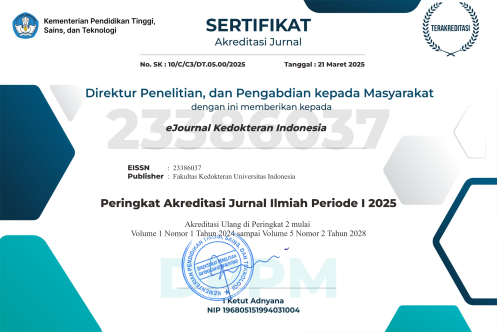The Use of Social Media Among Parents of Cleft Lip and Palate Patients for Patient Education
DOI:
https://doi.org/10.23886/ejki.11.402.149Keywords:
cleft lip, cleft palate, social media, education, mobile applicationsAbstract
Parents’ adherence to cleft lip and palate treatment plans is essential to ensure a satisfactory outcome. With the ongoing development of communications technology, social media has become an integral component in medical practice. It is now a platform of communication and information that facilitates medical professionals and parents to provide better care for cleft lip and palate patients. The aim of the study is to investigate the use of social media among parents of CLP patients and their preferable social media of choice for patient education. This is a descriptive study conducted through an online and offline survey amongst 108 parents of CLP patients from January to June of 2019. WhatsApp, Facebook, Instagram, and YouTube are social media platforms that the respondents heavily use. WhatsApp (76,1%) is the most common tool to seek cleft lip and palate information, followed by websites and Facebook. Information that respondents often inquire include feeding technique, post-surgical wound treatment, and funding for the treatments. Overall, respondents believed that information acquired from social media is reliable. Aversion towards social media in obtaining information was revolving around inaccuracy (69,1%) and reliability (39%). Social media has become a fundamental aspect in the treatment of cleft lip and palate. Physicians should consider social media and be actively involved in ensuring the dissemination of accurate and reliable information to patients. WhatsApp is a suitable tool to serve as a platform to provide patient education. A chatbot powered by artificial intelligence can be further developed and investigated for future use.
Downloads
Downloads
Published
How to Cite
Issue
Section
License
Copyright (c) 2023 Alita Indania, Prasetyanugraheni Kreshanti, Valencia Jane Martin, Margareth Ingrid Anggraeni, Jasmine Athiyya Wibowo

This work is licensed under a Creative Commons Attribution-NonCommercial 4.0 International License.



